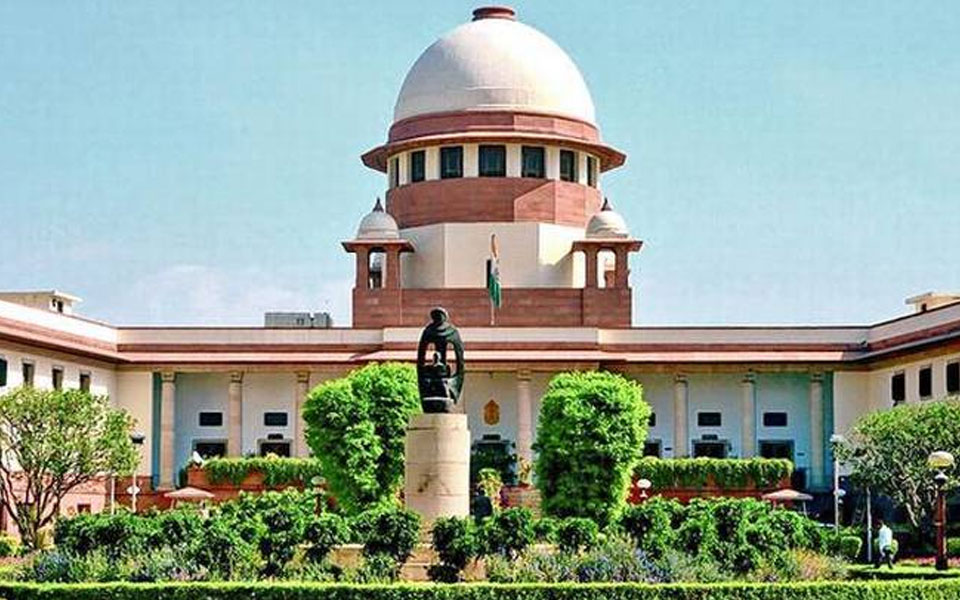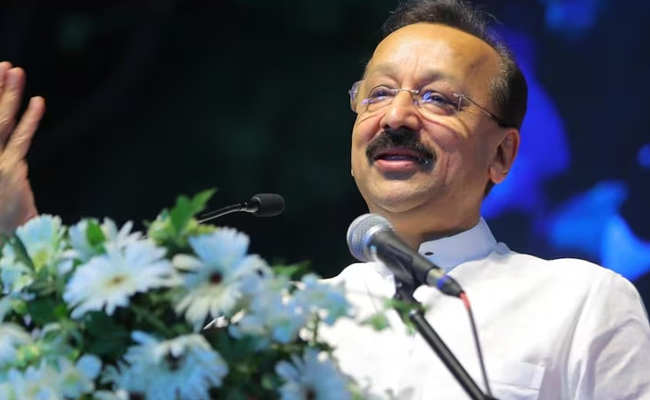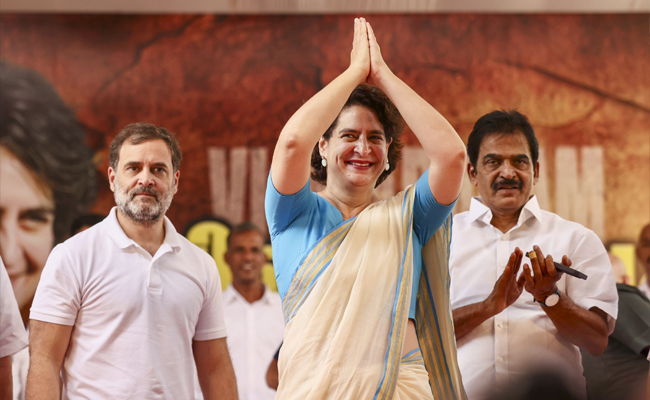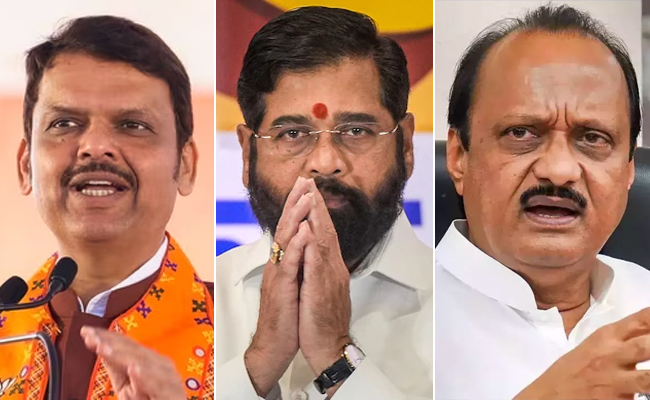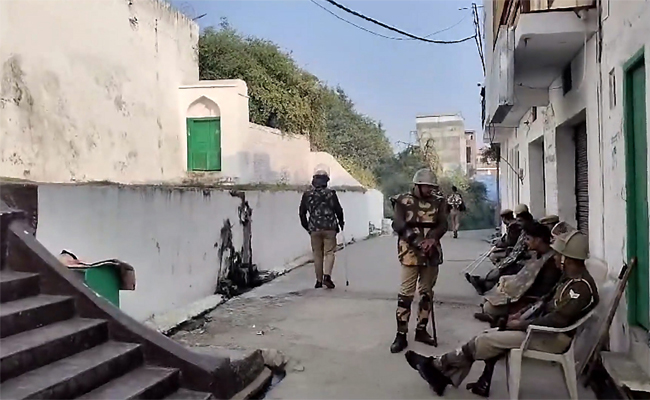New Delhi, July 16 : The Supreme Court on Monday sought the Centre's stand on a plea by a cleric seeking a ban on hoisting green flags with a crescent and star, terming it un-Islamic and resembling that of a Pakistani political party.
A bench of Justice A.K. Sikri and Justice Ashok Bhushan asked Additional Solicitor General Tushar Mehta, appearing for the Centre, to seek instructions from the government on the issue and posted it for hearing after two weeks.
"Take instructions on what's the stand of the government. Sometime it would be difficult for the government... They would be blamed that they are taking mala fide action. Now the matter is with the court, they can take instructions," the bench said.
The court asked the petitioner to serve a copy of the petition to Mehta in order to take instruction from the Centre.
The court was hearing a plea filed by the Syed Waseem Rizvi, Chairman of the Uttar Pradesh Shia Central Board of Waqfs, allegeding that the flags hoisted resembled the flags of the Pakistan Muslim League, which belongs to "enemy country".
Senior advocate S.P. Singh, appearing for Rizvi, told the court that during the petitioner's visit to Mumbai, Hyderabad, Karnataka and other places in the country, he saw flags on several buildings and religious structures, which were allegedly a cause of tension between Hindu and Muslim communities.
Such flags were being hoisted in Muslim-dominated areas with utmost impunity and the crescent and star in a green backdrop have never been part of any Islamic practice and does not have any role or significance in Islam, claimed the plea.
The petition stated that the crescent star flags in green colour owes its origins to the erstwhile Muslim League, founded by Nawab Viqar ul-Mulk and Mohammad Ali Jinnah in 1906. But now, it was being used by Indian Muslims who were treating it as an Islamic flag.
Let the Truth be known. If you read VB and like VB, please be a VB Supporter and Help us deliver the Truth to one and all.
Mumbai (PTI): The Mumbai Police has invoked the stringent Maharashtra Control of Organised Crime (MCOC) Act against 26 accused arrested so far in NCP politician Baba Siddique murder case, officials said on Saturday.
It is important to note that confessions made to the police under MCOCA are admissible as evidence in court. It is also difficult to secure bail under the MCOCA.
Provisions of stringent MCOCA are invoked in the Baba Siddique murder case, a Mumbai Police official said without elaborating.
Former Maharashtra minister Siddique, 66, was shot dead on October 12 by three assailants outside his son MLA Zeeshan Siddique's office building in Bandra East, Mumbai.
A total of 26 persons have been arrested so far in the murder case, including the suspected main shooter Shivkumar Gautam, while suspected key conspirators Shubham Lonkar and Zishan Mohammad Akhtar are still on the run.
Jailed gangster Lawrence Bishnoi's brother Anmol was arrested in the US for his alleged role in the murder of Siddique and firing outside actor Salman Khan’s Mumbai home.
Mumbai Police and Uttar Pradesh STF had earlier this month arrested Shivkumar Gautam from Bahraich district when he was trying to flee to Nepal.
Gautam had told police that Shubham Lonkar works for Lawrence Bishnoi and had facilitated communication through SnapChat between him (Gautam) and Anmol Bishnoi several times.
Gautam claimed he was promised Rs 10 lakh for killing Siddiuque, UP Police had said.

